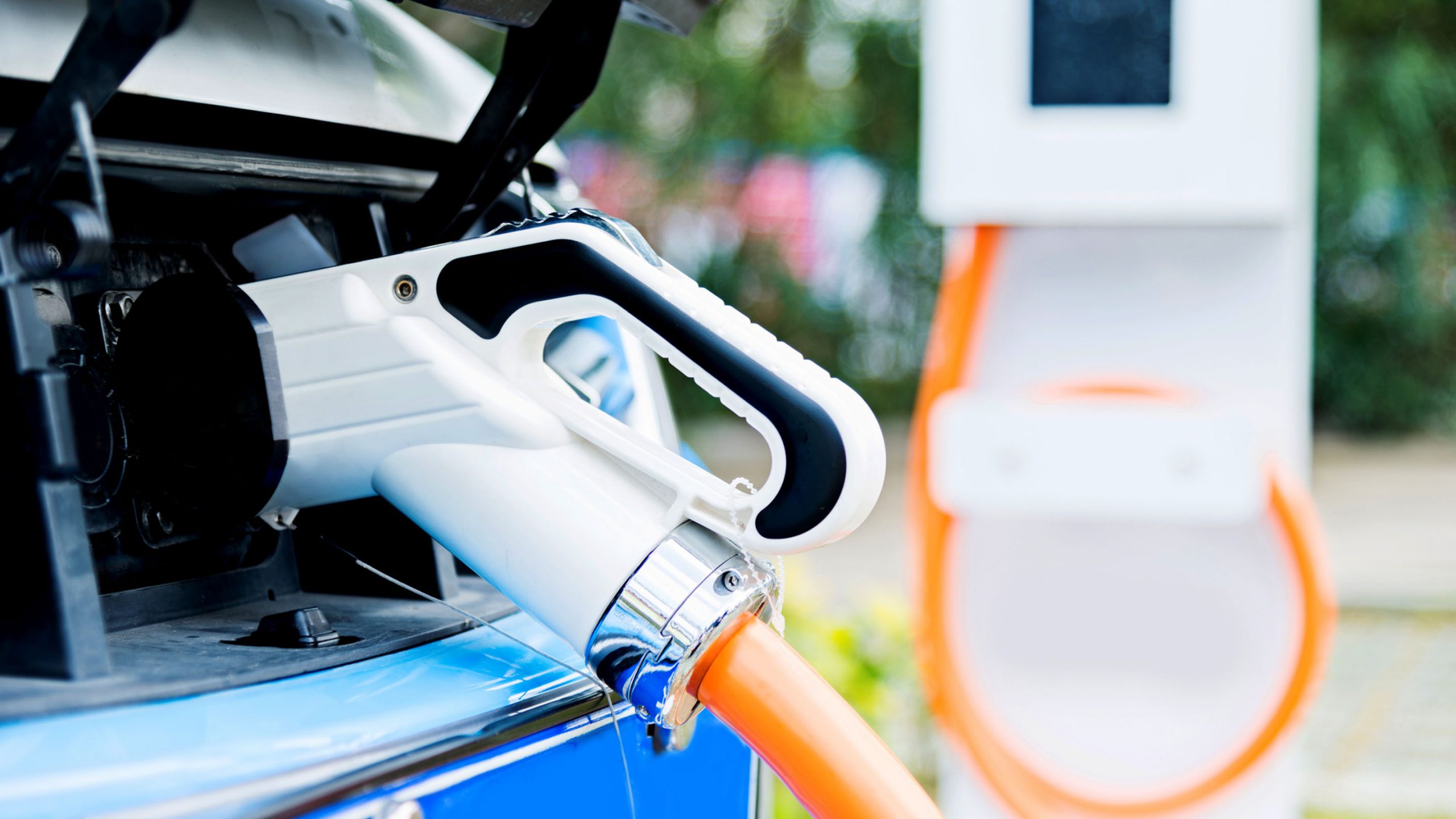The European Commission (EC) must implement regulation to force EU member states to invest in the charging infrastructure required to accommodate the growth of electric vehicles, says European carmakers association ACEA.
ACEA, together with Transport and Environment (T&E) and the European Consumer Organisation (BEUC), recently made an appeal to Frans Timmermans. They petitioned the EC’s Green Deal executive vice president to set objectives that specify the exact number of public chargers and hydrogen stations that each member state is required to deploy, Kallanish notes.
ACEA director general Eric-Mark Huitema says the upcoming revision of the Alternative Fuels Infrastructure Directive (AFID) “must be used by the Commission to force member states to deploy 1 million public charging points across the EU by 2024, and to triple that number to three million by 2029”. Likewise, some 1,000 public hydrogen stations should be made available for cars and vans before 2030.
Failing this, EU climate change targets are at risk. In addition to public charging infrastructure, a stronger focus is also needed on workplace and home charging, he continues.
In 2020 hybrid electric vehicles made up 11.9% of total car sales across the EU, up from 5.7% in 2019. Electrically-chargeable cars accounted for 10.5% of all new registrations in the EU, while they only made up 3% of car sales the year before. For the first time ever, more than 1 million units of both hybrid electric (1,182,792) and electrically-chargeable (1,045,831) passenger cars were sold in the EU last year.
The AFID revision must be concluded before the EU’s review of CO2 targets for cars and vans, Huitema says. “There needs to be a direct link between the CO2 targets set for vehicle manufacturers and the actual level of deployment of charging and refuelling infrastructure on the ground,” he adds.
“I strongly believe that a Regulation would be the best way forward, as it allows for the swift implementation of binding national infrastructure targets,” Huitema concludes.






